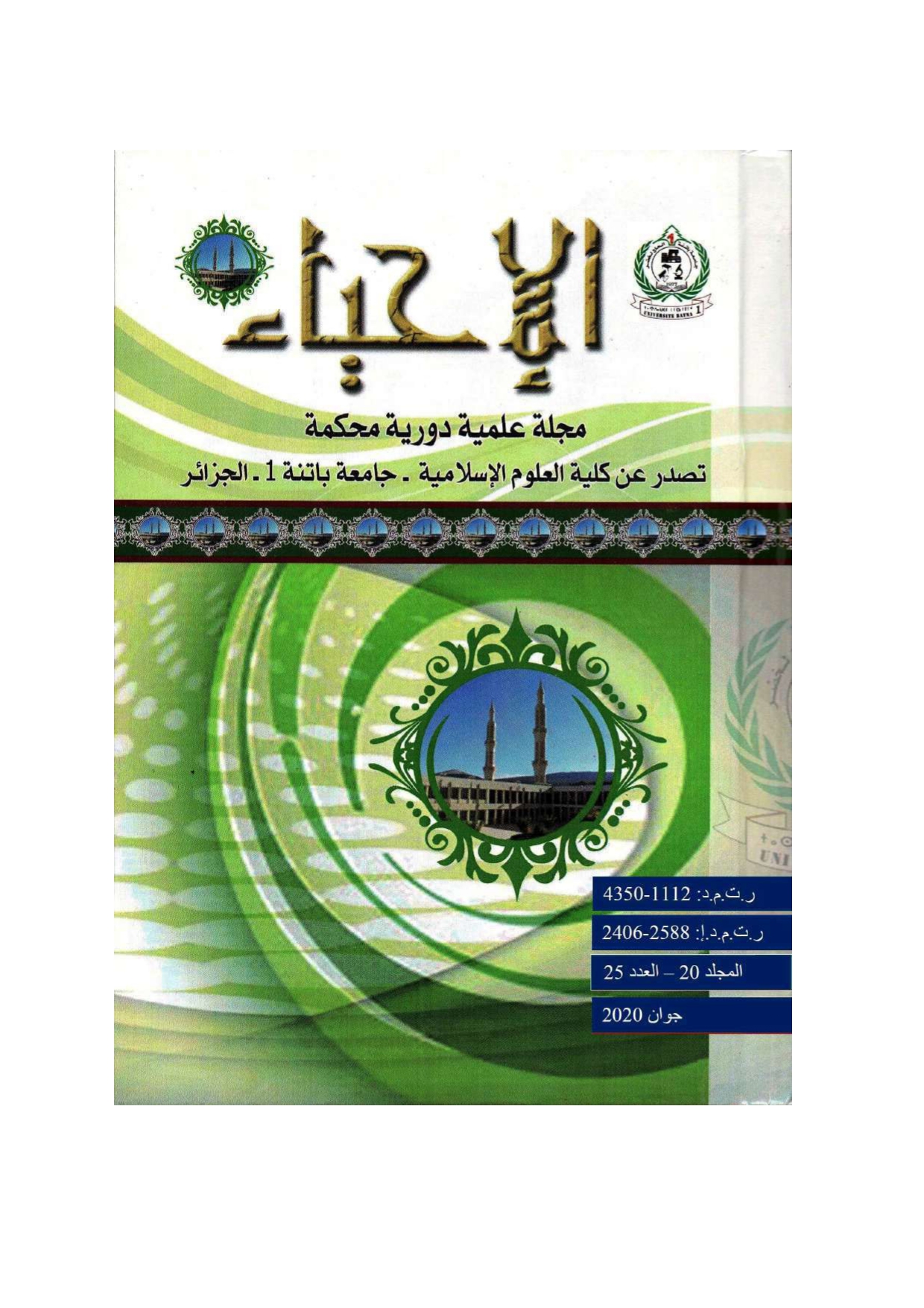Prisoners of War in International Conventions Versus Islamic Law
DOI :
https://doi.org/10.59791/ihy.v20i2.4636Mots-clés :
Prisoners of War, Geneva Convention, Islamic lawRésumé
Over time, the conception of treatment of war prisoners has been changing. They were cruelly treated and tortured during the Roman and Greek empires (Sage, 2002; Wickham, 2014)but under Islamic law their safety and dignity have to be protected ("IRAQ: TREATMENT OF PRISONERS OF WAR IN ISLAM," 2003). In the Holy Qur’an, many verses in different Surahs regulate war prisoners' rights (Munir, 2010). Prophet Muhammad (Peace Be Upon Him) used to enjoin the Muslims to treat prisoners well. Among these rights, a prisoner cannot be compelled to give up his/ her religion to embrace Islam, and also has the right to be fed and clothed. In the modern time, treaties and conventions regarding war prisoners were ratified after the two World Wars (Jones, 2016), namely the Geneva Convention relative to the Treatment of Prisoners of War of 1949. In its 143 articles, the Convention defines the conditions of detention of war prisoners, their food and clothing, hygiene and medical attention, religious intellectual and physical activities. The attempt here concerns examining war prisoners’ rights in a comparative study between the Geneva Convention and the Islamic Law while showing the influence of the Islamic law on the international law dealing with the right of the prisoners of war.
Téléchargements
Publiée
Comment citer
Numéro
Rubrique
Licence

Ce travail est disponible sous licence Creative Commons Attribution - Pas d'Utilisation Commerciale - Pas de Modification 4.0 International.






